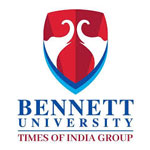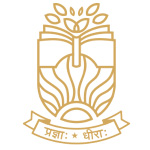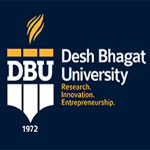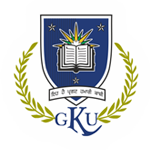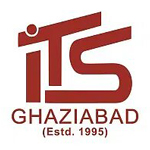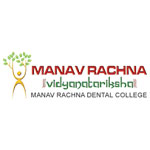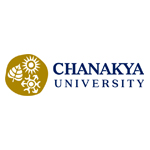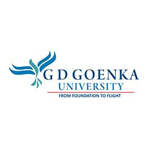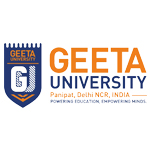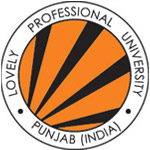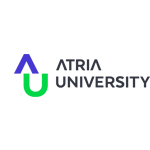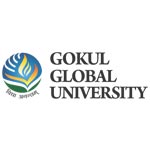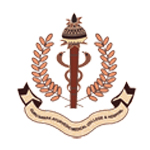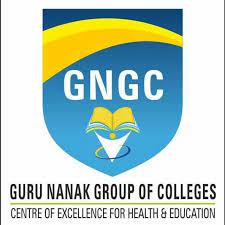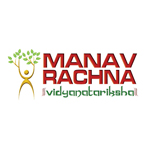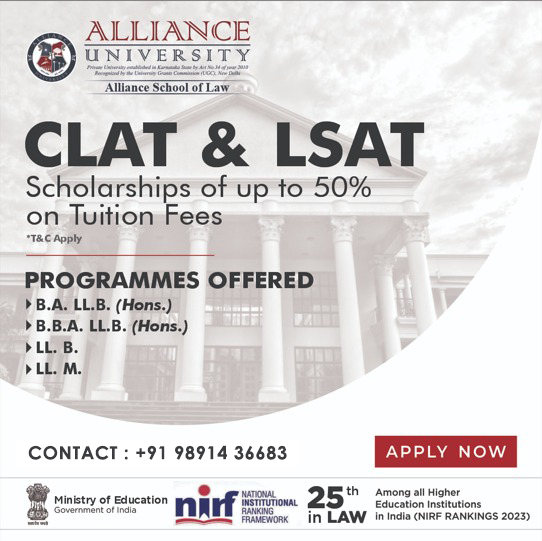In new NCERT book, Gujarat anti-Muslim riots now called Gujarat riots
The 2002 Gujarat riots which were called “anti-Muslim riots” in the NCERT political science textbook for Class XII are now called just the “Gujarat riots” in the revised version of the book that hit shelves this week. Changes have been incorporated in the last chapter of the textbook titled ‘Recent Developments in Indian Politics’ to tweak the nomenclature of the riots. So, the heading of the passage on the riots (on page 187) has been changed from ‘Anti-Muslim riots in Gujarat’ to just ‘Gujarat riots’. However, in the same paragraph, the 1984 riots are described as anti-Sikh.
In the previous version of the textbook, the first sentence of the above passage had read, “In February-March 2002, large-scale violence against Muslims took place in Gujarat”. The reprinted book no longer carries the words “against Muslims” in that sentence (see box). The rest of the passage is the same as in the old version of the textbook. It lays out the chronology of events — the attack on the train full of karsevaks set on fire that was followed by violence against Muslims — and refers to the National Human Rights Commission’s criticism of the Gujarat government for failing to control the violence.
The paragraph also mentions: “A bogey of a train that was returning from Ayodhya and was full of Karsevaks was set on fire. Fifty-seven people died in that fire. Suspecting the hand of the Muslims in setting fire to the bogey, large-scale violence against Muslims began in many parts of Gujarat from the next day. This violence continued for almost a whole month. Nearly 1,100 persons, mostly Muslims, were killed in this violence.”
According to the government’s reply tabled in the Parliament, 790 Muslims and 254 Hindus were killed, 223 were reported missing and 2,500 injured in the Gujarat riots in 2002.
The changes are part of the textbook review — the first since 2007 — undertaken last year by the NCERT, an autonomous organisation that advises the HRD Ministry on school education. These changes were first suggested by the Central Board of Secondary Education in June last year, when R K Chaturvedi was its chairman.
NCERT director Hrishikesh Senapaty did not respond to calls or an SMS.
The first edition of Class XII political science textbook ‘Politics in India Since Independence’ was printed in 2007. The textbook was drafted by the textbook development committee of which Hari Vasudevan, UGC Emeritus Professor at the department of history in Calcutta University, was the chairperson and political scientists Suhas Palshikar and Yogendra Yadav. Yadav is now a full-time politician.
This is the first comprehensive review of NCERT textbooks after the National Curriculum Framework was drafted in 2005. A curriculum revision is also overdue but will only happen once the new education policy is unveiled by the Union government.
As first reported by The Indian Express on March 5, the NCERT has also introduced material on Rajput king Maharana Pratap and added more information on Maratha ruler Chhatrapati Shivaji in its Class VII History textbook, ‘Our Past – II’.
The previous version of this textbook was criticised by Shiv Sena and Hindu Janajagruti Samiti (HJS), which is based in Maharashtra, for allegedly glorifying Mughal emperors and ignoring Hindu kings. It has also included Swachh Bharat Abhiyan, Beti Bachao Beti Padhao and Digital India campaigns as well as demonetisation — all associated with the BJP-led NDA government — in the textbooks, across different subjects, for the next academic session.
For instance, the Goods and Services Tax or GST has been introduced in Chapter 3 of the Class XI Economics textbook, which now read, “Recently the Indian Parliament passed a law, Goods and Services Tax Act 2016 to simplify and introduce a unified indirect tax system in India. This law has come into effect in July 2017. This is expected to generate additional revenue for the government and reduce tax evasion and create ‘one nation, one tax and one market’.” Demonetisation is also mentioned in the same chapter of the Class XI Economics textbook.
NCERT has made roughly 1,334 changes, which include additions, correction and data update, in its 182 textbooks. Of these, the maximum changes (573) have been made to science books, followed by social science (316) and Sanskrit textbooks (163).
News Source (Indian Express)
Want help with admissions?
Leave us your details and we will contact youApplications for Admissions are open



